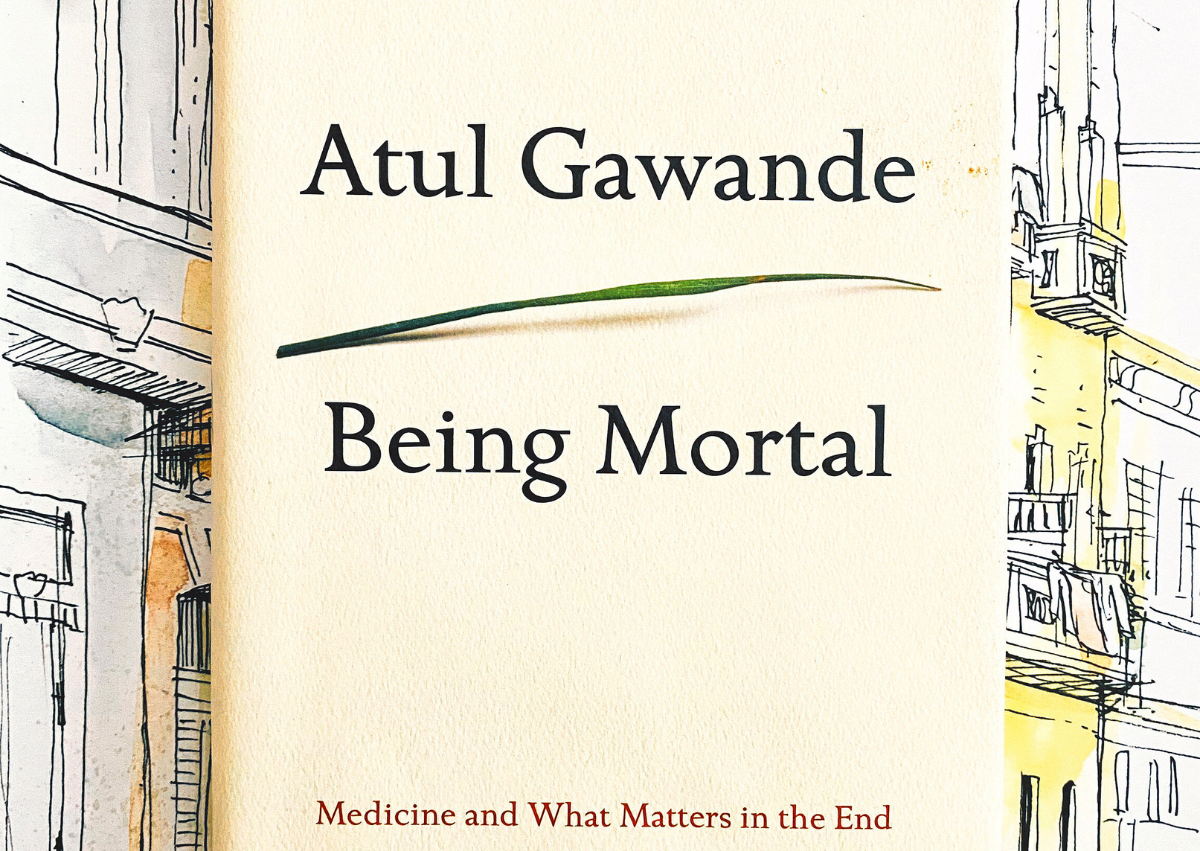Being Mortal: Let’s Talk About It
Book Review by a 39+ Granddaughter
I have been fortunate in life, as of yet, to have been spared situations where I would need to grapple with mortality and end-of-life care –specifically pertaining to loved ones. For those of you not in my shoes, my heart goes out to you.
After a recent trip to care for my grandparents ages 83 and 85 – grandma with moderate-to-severe dementia, and grandpa who recently fell and was recovering in a skilled nursing facility – I found myself thinking a lot about death and dying and back to a time when I read the book Being Mortal: Medicine and What Matters in the End by Atul Gawande. At that point in my life I had lost my thirty- seven-year-old uncle and twenty-seven-year-old friend to sudden cardiomyopathy and melanoma, respectively. As with any passing of a loved one, I was shaken, hence needing to bury myself into a book that might make sense of things. And it did. But not in the preach and give-me-answers way.
Being Mortal is a thought-provoking and insightful book written by a prominent surgeon and author, published in 2014. The book delves into complex and often uncomfortable topics in a very approachable, accessible way. It explores the challenges and limitations of modern medicine, particularly in how it deals with the aging population and individuals facing terminal illnesses.
The book introduces several compelling real-life stories and case studies to illustrate the difficulties patients and their families encounter when making decisions about end-of-life care.
Being Mortal also discusses advocating for a more person-centered approach that allows individuals to be involved in the conversation and maintain their independence and dignity for as long as possible. Gawande argues that improving the quality of life for those facing mortality is just as crucial as extending life.
Being Mortal encourages readers to contemplate their own values and wishes regarding aging and to consider the importance of empowering individuals to make choices that align with their personal goals and desires as they face the inevitable journey toward the end of life.
Fast forward to when I first arrived in Arizona to care for my grandparents, I was determined to move them to Washington near family who could care for them and keep them safe. After caretaking in their home and observing, while also re-reading this book, I realized that my grandfather found his purpose living independently with my grandmother and also serving in his church in Arizona. In my hopes of "protecting" them, I was also going to be reducing the quality of their remaining years, strip them of the independence they have left, and go against their wishes. Fortunately for us, with seven children and numerous grand and great-grandchildren, we were able to find a balance of care as well as honor
their desires.
I know that not everyone has the luxury of options in this situation, but I encourage anyone who is faced with death or terminal illness to read this book and ask themselves some difficult questions. It just may matter in the end.
Sheena Rancourt, an esteemed member of our 55+ editing team, brings her expertise as a former Reading Specialist with a Master's Degree in Teaching to offer this insightful book review.

